Can this journalist solve the disappearance of William Tyrrell?
Investigative journalist and author Caroline Overington is on a mission to ensure the case of missing child William Tyrrell, who disappeared in 2014, does not slip from the public consciousness.
Stellar
Don't miss out on the headlines from Stellar. Followed categories will be added to My News.
- Jess Simpson: ‘I changed my number when I met my husband’
- Why Jackie Gillies is leaving The Real Housewives
Imagine sitting down with the father of a three-year-old boy who is missing. Lost, stolen, dead or alive, no-one knows.
The dad was already a quiet, shy individual before the disappearance of his son drew him into a high-profile investigation, put him at the centre of a media storm and made him the subject of public speculation, while living what is clearly the “special kind of torture” that is not knowing.
But face-to-face, you have to ask him the question: “Do you think you will find out what happened to him?”
It sounds glib to say that’s all in a day’s work for an investigative journalist, but it’s true for Caroline Overington, who has spent the past two years researching and writing a book on the disappearance of William Tyrrell, the little boy in the Spider-Man suit who vanished from his foster grandmother’s garden in 2014.
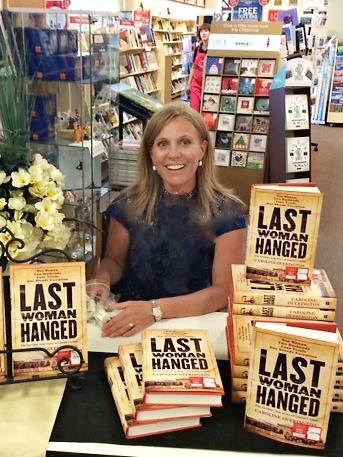
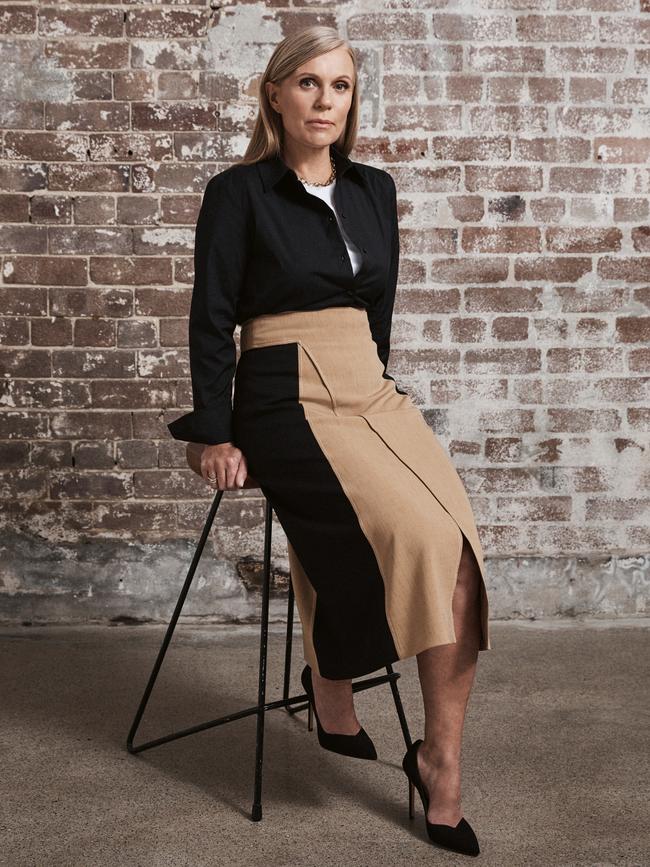
Why would Overington opt for one of the toughest gigs in the business?
Because she is old school. In an era often distracted by alternative facts, hashtag headlines, and news in 140 characters, she’s a real-deal reporter who’s had a sense of mission since she began at the local paper at age 17, eventually working her way up to a daily metro newspaper, and one of the most coveted positions on the publication: New York correspondent.
It was a career-maker for Overington, who relocated with her then 18-month-old twins in tow, and her husband at the time (her 27-year marriage ended in 2018, and her new partner is writer Gideon Haigh).
She spent more than three years on the job. Two decades later, she has countless bylines, two Walkley Awards, a dozen books to her name and associate editor of The Australian on her current business card.
“New York was my first big posting,” the now 50-year-old tells Stellar. “As a correspondent, you’re covering everything” – in her case – “the Iraq War to the Oscars, and it was during that time, then coming back to Australia, that I decided I wanted to become an investigative reporter.”
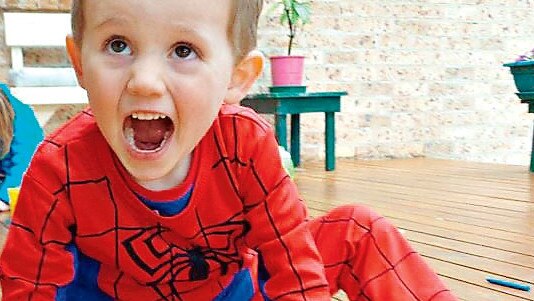
But if there’s a through-line in her career, a subject that Overington’s repeatedly drawn to as a journalist, non-fiction writer and novelist, it’s the disappearance of children. Why? She pauses to consider it: “I’ve wondered about that; I really have. Looking at my body of work, I can see that I’m drawn to the plight of children who are missing or deceased.”
They are, she says, “the most vulnerable in our society” and “the ones who need us most”. And she believes it is the responsibility of a journalist to give them a voice.
That’s why Overington felt compelled – even obligated – to apply herself to the William Tyrrell investigation.
“Children as a rule don’t go missing,” she says, explaining why the case immediately captured her attention, as well as the attention of the nation.
“A random snatch and murder is extremely rare, a once-in-a-decade crime. So, of course, the natural speculation was he must be lost – he’s a little boy, he’s wandered into the bush.”
It’s vital for a journalist to be “open to every single possibility and conscious of the fact that anybody could be lying”, says Overington, readily confessing to how difficult it can be “because you [become involved] with people you are dealing with. I don’t apologise for the fact that I’ve become close to the people in this case.”

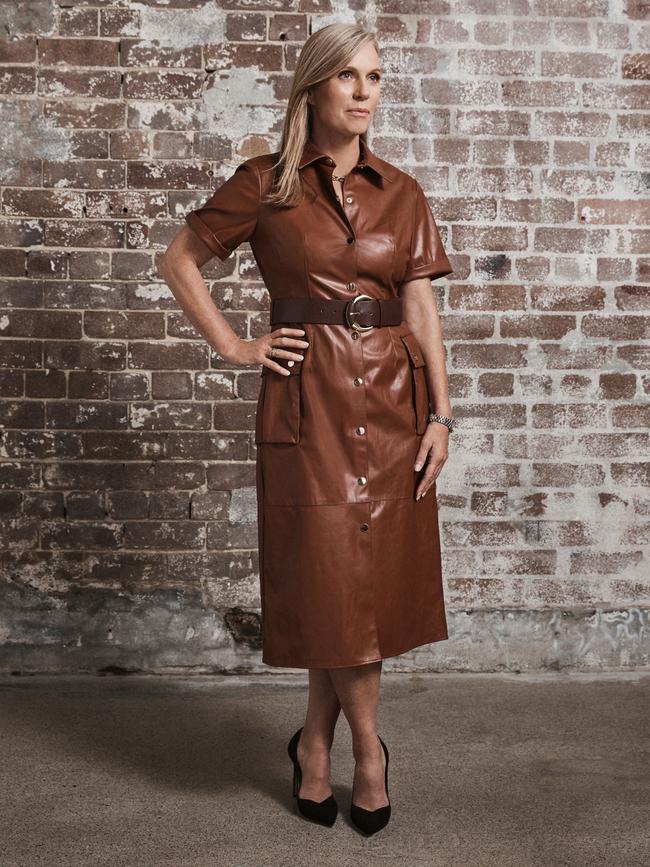
At the same time, knowing where to direct your attention requires theorising. If theories evolve with time and new evidence, Overington hasn’t wavered on one thing.
“I never believed he was lost. It doesn’t make sense to me that he would have wandered into that thick bush. The idea that he pushed through it, a little boy in a flimsy Spider-Man suit, and stayed ahead of the searchers, sounded impossible to me. He would have been found.”
And if he was taken, she continues, “I’m not convinced it was random.” An opportunistic predator “would be more likely to go to a main road, a shopping centre, [somewhere] children congregate” – not a quiet street in a quiet neighbourhood.
MORE STELLAR:
Why Rebel Wilson thinks Cats will become a classic
Wil Anderson: ‘I had to take a real look at my life’
Working on such a tragic case in depth for two years and covering any crime involving a child must be difficult for any journalist, but is it harder when you’re also a mother? Her twins are now 20 but Overington would say yes, especially in the early years.
“My children are so lucky, loved and safe in their home lives and you do come home after a day investigating a murder or a child abuse case, see them safe in their cots and feel relief, but there is a pain there because you know not every child in the world has that chance.”
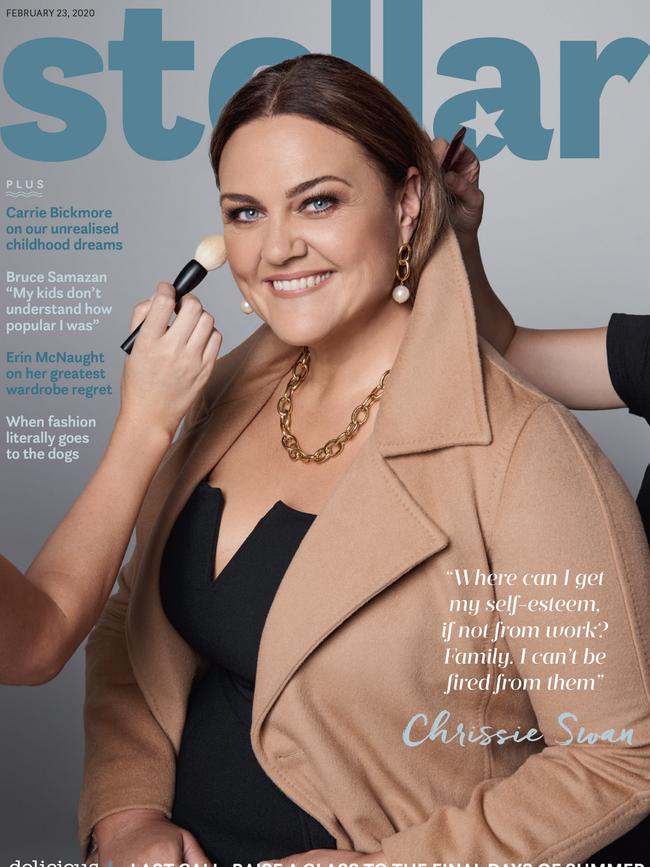
But there’s nothing, she says, “that you experience as a journalist that comes anywhere near close to what the police and first responders have to see and hear and experience, or the unimaginable suffering of both sets of parents”.
Her only job: “To make sure the case doesn’t slip from the public consciousness and get put on the backburner – to ensure no-one can say with ease, ‘We’re done. We tried.’”
Like everyone involved, Overington doesn’t know how it will end, or if it ever will. But even with the book completed, she’ll continue to follow the case.
“Deep in my heart all anyone wants is to find him,” she says. “It’s been five years and people will say what’s the point of writing this book, they’ll never find him. But he is still missing. Giving up is not an option.”
For Overington and, she hopes, the rest of us.
Missing William Tyrrell by Caroline Overington (HarperCollins, $34.99) is out tomorrow.
